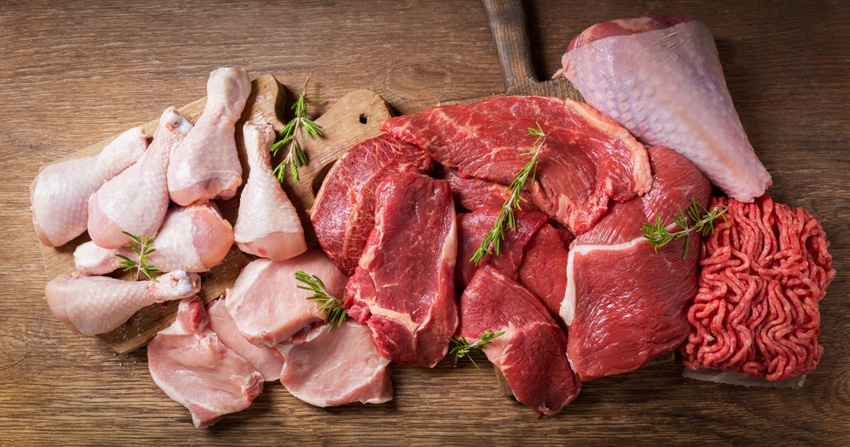Bill introduced to strengthen meat labeling laws
Legislative Watch: Real MEAT Act; Bans on cultivated meat gain momentum; USDA, SBA announce partnership for rural development.
November 24, 2023

A new bill introduced by Senator Deb Fischer (R-Neb.) seeks to force imitation meat products to be more clearly labeled. The Real Marketing Edible Artificials Truthfully (Real MEAT) Act would require the word “imitation” to immediately proceed the name of the food on a label. If a product does not comply, it would be deemed misbranded under the Federal Food, Drug, and Cosmetic Act.
“It’s time to end the deceptive propaganda of plant-based protein products that deliberately confuse consumers by mimicking beef and pork,” Fischer said. “My Real MEAT Act will clarify that these imitation products aren’t held to the same food safety and labeling standards as real, nutritious beef and pork. Americans deserve to know what’s on their dinner plate, and my bill will bring certainty to the supermarket and end the smear campaign against real meats.”
If the legislation were to become law, the rules would apply to beef, pork and poultry. The bill, S. 3281, has been referred to the Senate Health, Education, Labor, and Pensions Committee. It is supported by the National Cattlemen’s Beef Association and U.S. Cattlemen’s Association.
Bans on cultivated meat gain momentum
A series of efforts to stop cultivated meat sales have picked up steam around the globe. Last week, a new law was passed by the Italian Chamber of Deputies to ban the production or sale of cultivated meat "from cell cultures or tissues derived from vertebrate animals." Violators could be fined approximately $65,000, but with cultivated meat not yet approved for sale in the European Union, the move is largely symbolic.
The success of Italy’s measure has encouraged Irish farmers to push for a similar law. The country’s Farmer’s Alliance political party posted on X that it was calling for a ban on “the production, sale or import of lab grown meat in Ireland to protect traditional production methods, also safeguarding our system of nutrition.” The group cited the Italian ban as inspiration, saying it was appropriate because the group has “absolutely no trust in lab produced Frankenstein meat."
Similar efforts have even begun in the U.S. A state representative in Florida recently introduced House Bill 435, which would make it illegal for anyone to manufacture, sell, hold or offer for sale or distribute cultivated meat, defined as any meat of food product produced from cultured animal cells. The sponsor, State Rep. Tyler Sirois, told Politico that he believes lab-grown meat is an "affront to nature and creation." He says he wants people to learn more about the process of making cultivated meat and would like to see more discussion of the ethical issues it raises.
USDA, SBA announce partnership for rural development
Leading officials from the USDA and the Small Business Administration have announced a new initiative to work together to increase investments in small and underserved rural communities. A memorandum of understanding was signed by USDA Deputy Secretary Xochitl Torres Small and SBA administrator Isabel Casillas Guzman.
Among the goals of the partnership are to help farmers and small businesses improve investment opportunities in rural areas, examine synergies to streamline and deliver programs, target underserved communities, improve innovation for rural technical assistance providers, and aide rural businesses in providing tools to export products around the world.
“At USDA, we are redoubling our commitment to drive economic security and prosperity for people in rural America, so they can find opportunities to succeed right in the places they call home,” said Torres Small. “Strengthening our collaboration with the SBA helps us expand these opportunities for people to build brighter futures for generations to come.”
About the Author(s)
You May Also Like





